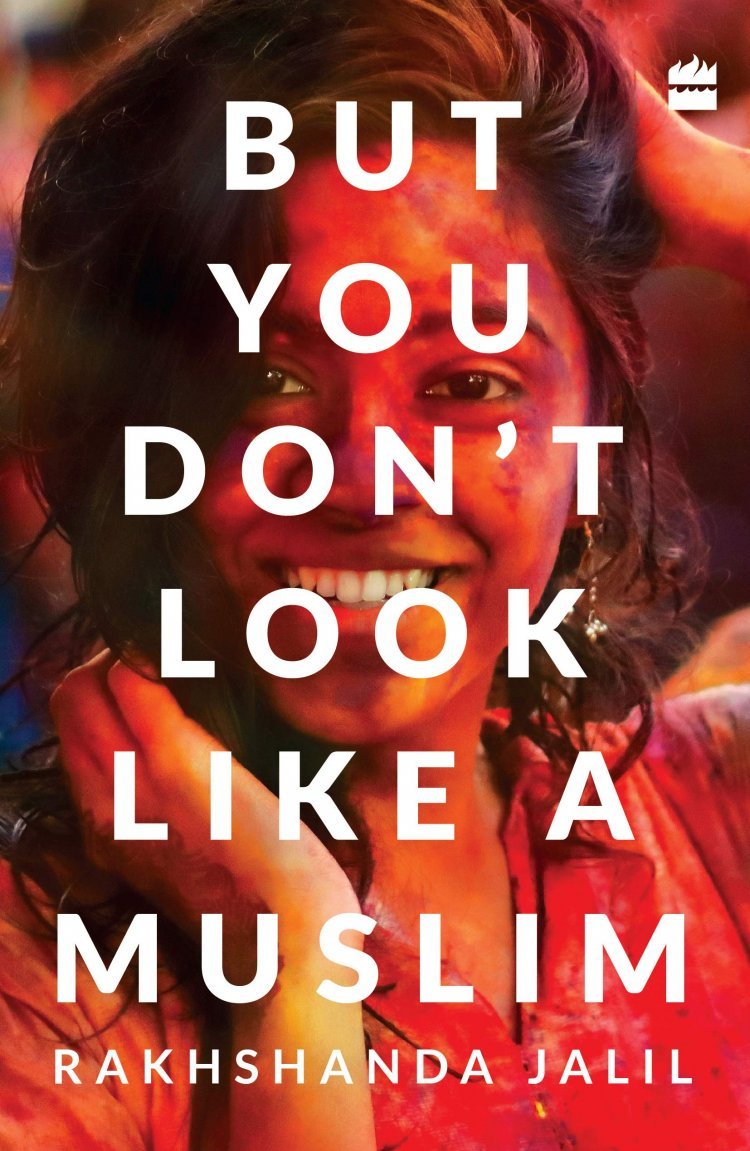Rakhshanda Jalil talks about being Muslim in new book

New Delhi: Does being a Muslim makes her different from others to the extent of constituting a threat to the idea of bringing Indian? Critic and literary historian Rakhshanda Jalil seeks to answer this in her new book.
In But You Don't Look Like a Muslim: Essays on Identity and Culture, she writes on vastly differing topics to excavate memories, interrogate dilemmas, and rediscover and celebrate a nation and its syncretic culture.
Jalil says far from camouflaging her identity, she wants to celebrate being an Indian and being a Muslim. And I wish to do so in the only way I know - through my writings.
She calls herself the voice of the Muslim middle class.
She argues that though a great many of the community are practicing Muslims or even devoutly religious, they are far, far removed from the wild-eyed Islamists dreaming of a pan-Islamic umma.
Jalil says that in her considered opinion, given that the Muslim population is roughly 172 million, save for the stray IS sympathizers, the overwhelming majority does not show any propensity towards terrorism. Also, the idea of converting India from a Dar-ul Harb' (land of unbelievers) to a Dar-ul Islam' (land of Islam) through whatever means available to them lies more in the minds of right-wing Hindu extremists than Muslims.
She feels demonization of Muslims, be it films or popular culture, has only increased their sense of isolation and victimhood.
While the entire Muslim community has suffered because of this steady infiltration of misconceptions and piling up of images and ideas - each more offensive and alienating than the other - a culture and way of life too has suffered due to this stereotyping, she writes in the book, published by HarperCollins India.
According to Jalil, the Indian Muslim is scared and silent, cowed down by the scale and strength of the violence around him.
He is waiting for his Hindu brethren to speak up, she writes.
Jalil has published over 20 books. Her most recent works include the translations The Sea Lies Ahead, Intizar Husain's seminal novel on Karachi, and Traitor, Krishan Chander's Partition novel; an edited volume of critical writings on Ismat Chughtai called An Uncivil Woman; and literary biography of the Urdu poet Shahryar.
The book is divided into four parts - politics of identity, the matrix of culture, the mosaic of literature and rubric of religion - and each has 10 essays.















































